Heat transfer fluids are vital in numerous industrial processes and applications where maintaining a specific temperature is crucial. These fluids are designed to transport heat from one location to another, ensuring optimal performance and safety in closed systems. But what exactly are heat transfer fluids, and how do they work?
What Are Heat Transfer Fluids?
Heat transfer fluids, also known as thermal fluids, are substances used to transfer heat in various processes. These fluids can be gases, liquids, or vapors and are selected based on their ability to maintain stable temperatures under varying conditions. The primary role of heat transfer fluids is to absorb heat from one part of the system and release it in another, facilitating efficient thermal management.
In industrial applications, heat transfer fluids are essential for maintaining controlled temperatures in processes such as chemical manufacturing, petroleum refining, food processing, and HVAC systems. The choice of fluid can significantly impact the efficiency, safety, and longevity of the equipment involved.
Types of Heat Transfer Fluids
Selecting the right heat transfer fluid is critical, as an inadequate choice can lead to costly repairs and system failures. Here are the main types of heat transfer fluids and their properties:
- Water:
- Advantages: Water is a widely used heat transfer fluid due to its high specific heat capacity and low cost. It efficiently transfers heat and is readily available.
- Disadvantages: Water lacks freeze and boil protection, making it unsuitable for extreme temperature conditions. Additionally, it is highly corrosive to metal components in the absence of corrosion inhibitors.
- Glycols:
- Types: Ethylene Glycol and Propylene Glycol.
- Advantages: Glycols are often mixed with water to provide better freeze protection and can operate over a broader temperature range. They are relatively inexpensive and easy to use.
- Disadvantages: Despite their benefits, glycols can degrade over time, producing organic acids that accelerate system corrosion. Without proper inhibitors, glycol-based fluids can cause significant damage.
- Inhibited Glycols:
- Types: Products like JEFFCOOL® Industrial Coolants.
- Advantages: Inhibited glycols contain corrosion inhibitors that neutralize the acids formed during glycol degradation. This protection extends the lifespan of the system and prevents costly repairs.
- Disadvantages: While inhibited glycols are more expensive upfront, the long-term savings in maintenance and equipment replacement justify the investment.
Choosing the Right Heat Transfer Fluid
When selecting a heat transfer fluid, consider the following factors:
- Temperature Range: Ensure the fluid can handle the operational temperature range of your system without freezing or boiling.
- Compatibility: The fluid should be compatible with the materials in your system to prevent corrosion and degradation.
- Thermal Stability: Choose a fluid with high thermal stability to maintain consistent performance over time.
- Maintenance Needs: Consider the long-term maintenance and potential costs associated with the fluid.
Chemicals Produced, Manufactured, and Distributed by Third Coast Chemicals
Third Coast Chemicals provides a wide range of heat transfer fluids tailored to enhance industrial processes. These products are meticulously formulated to ensure efficient heat transfer, corrosion protection, and optimal performance across various industrial applications. Here are some of the key heat transfer fluids offered:
- MEG (Monoethylene Glycol): Used in oil & gas industrial applications.
- DEG (Diethylene Glycol): Used in oil & gas industrial applications.
- TEG (Triethylene Glycol): Used in oil & gas industrial applications.
- HEG (Heavy Ethylene Glycol): Used in oil & gas industrial applications.
- PG (Propylene Glycol): Industrial grade propylene glycol is utilized in various applications where a reliable, high-quality solution is required.
- DPG (Dipropylene Glycol): An efficient solvent for industrial applications, including heat transfer fluids.
- TPG (Tripropylene Glycol): A reliable solution for high-quality industrial-grade applications.
- Recovered Glycols: Used in manufacturing, production, and energy sectors as heat transfer fluids.
- Glycerin USP: Used in industrial applications as heat transfer fluids and hydraulic fluids.
- PGUSP (Plant-Based Propylene Glycol USP): Used in energy, oil & gas, and as a lubricant and heat transfer fluid.
JEFFCOOL® Inhibited Glycols
As the Master Distributor of JEFFCOOL® Industrial Coolants and Heat Transfer Fluids, Third Coast Chemicals proudly offers a comprehensive product line that includes both ethylene glycol-based and propylene glycol-based fluids. Our JEFFCOOL® coolants and heat transfer fluids are meticulously formulated to ensure efficient heat transfer, corrosion protection, and optimal performance across a wide range of operating conditions. Our products include:
- JEFFCOOL® E100: Recommended for line heaters, snow-melting systems, refrigeration systems, and thermal energy storage.
- JEFFCOOL® P150, HD & P150N: Designed for high-temperature applications, showcasing outstanding performance in temperatures up to 325°F.
- JEFFCOOL® ISF-55/ISF-25: Ideal for liquid-cooled computer server systems, providing long-term protection and high heat transfer rates.
- JEFFCOOL® SCA and SCA-N: Essential supplemental coolant additives to enhance the performance and longevity of industrial coolants.
- JEFFCOOL® AdPac-EP and AdPac-N: Concentrated inhibitor packages designed to enhance the overall effectiveness of industrial coolants.
Fluid Maintenance Technical Support: Sample Test Kits
Third Coast Chemicals provides free analysis and fluid maintenance technical support on initial system charges of JEFFCOOL® products + annual testing to ensure product integrity and analysis at no charge for system maintenance.
Sample test kits are free of charge and available upon request to Third Coast customers who purchase JEFFCOOL® products.
The kits include:
- Self-addressed shipping box
- Pre-labeled sample bottle
- Weather-proof self-adhesive product installation tag
- Analyses will be performed free of charge after initial filling and once per year per unit thereafter.
Quality Management
To enhance our commitments, Third Coast Chemicals provides customers with quality control and quality assurance testing through our affiliate’s full-service ISO 14001:2015 and ISO 9001:2008 certified laboratory.
Our quality certifications include:
- QA / QC testing
- Round-robin testing in partnership with customer and third-party labs
- Research & Development of new formulations
- Troubleshooting
Choose Third Coast Chemicals for all your chemical supply products and discover the advantages of our robust global supply chain.
Investing in the right heat transfer fluid is essential for the performance and longevity of your system. By understanding the properties and applications of different fluids, you can make an informed decision that will protect your equipment and ensure efficient thermal management.
Partner with Us!
For expert guidance and product selection, explore our range of JEFFCOOL® Industrial Coolants and Heat Transfer Fluids. Contact the Third Coast Chemicals team on our website or email today for technical assistance and to find the best solution for your needs.


